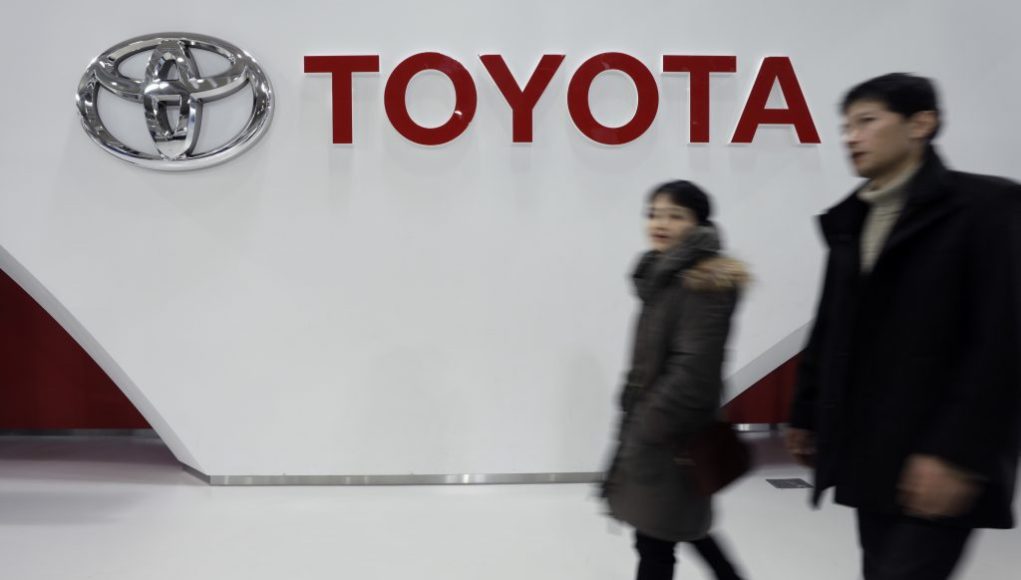Confused by the title? Don’t worry, we’ve got you covered. It pretty much as the title says.
You’ve got to hand it to the Japanese and their level of standards when it comes to their OEM suppliers. According to Toyota in a press release they dropped earlier this morning (Jan 16, 2018) they’re reporting that all the material they got from Kobe Steel with falsified strength and durability is still pretty good material and is up to snuff when referring to their internal standards. Even when this OEM supplier screwed up, at the end of the day, they didn’t really screw up.
The majority of the material looks to be aluminum, copper, and steel derivatives found on Toyota and Lexus vehicles made last year. Raw materials means this stuff can be found in literally every part of the vehicle, at least the most important parts like engines, chassis, and suspension pieces. It’s not like a bad part where you can identify a faulty piece and replace it. This could’ve turned out really bad.
In these investigations, regarding all of the materials referenced in Kobe Steel’s announcements on October 8, 11, and 13, 2017 we have confirmed that our vehicles’ quality and performance satisfy our own internal standards.
Keep in mind that Kobe Steel provided falsified information not to just Toyota but about 500 other companies including Japanese carmakers Honda, and Nissan. As this is literally one out of hundreds of companies reporting, other companies are presumably doing their own internal testing to ensure the safety of their products.
It’s wrong what Kobe Steel did, that’s undeniable, and they should be punished to the full extent of the law. Their stock price has lost hundreds of dollars in value dropping from a high of around $1,300 a share to a dismal $1,100 since they made the announcement.
The silver lining in this announcement is that even though it was falsified material data, if it’s good enough for Toyota, it may be good enough for the majority of recipients of “bad material.”
We’ll get a better idea of just how bad this is as more data comes in from other companies. But for the meantime, if you’re driving a Toyota and Lexus, you’re in the clear as far as this raw material is concerned.



